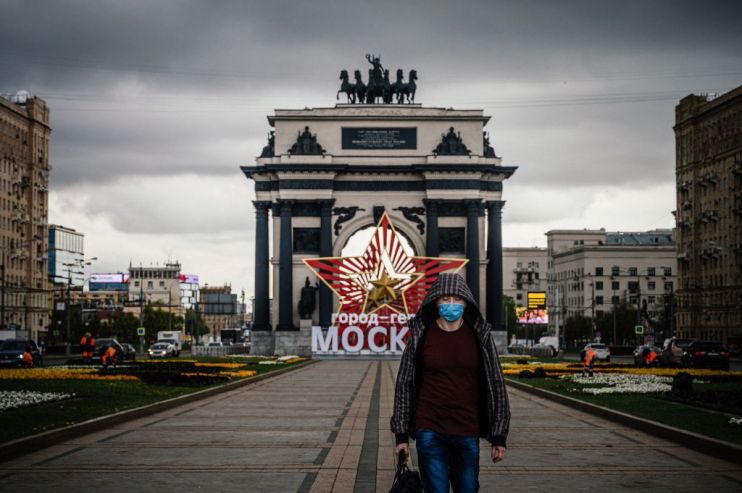Russia remains dangerous, but don’t confuse it for a superpower

It is one of those news stories where the incident perfectly fits the larger political risk profile.
During the past week, the New York Times reported that a Russian military intelligence unit paid bounties to Taliban-linked militants in 2019 to kill American soldiers in Afghanistan.
One imagines the reasoning for this was to decisively derail US-Taliban talks, which if successful might just allow the US to extricate itself from the endless quagmire of perpetual Middle Eastern wars.
The story is shocking in its callousness. It is sneaky. It is broadly anti-American.
In other words, if the policy were embodied as a person, it would be Vladimir Putin.
The President has strategically fashioned the great power that is Russia as a wrecking ball, a significant player on the world stage which, while not able to maintain its former superpower status or further many positive interests of its own, still makes its global presence known — if mainly by pestering and annoying its once and future rival, the US.
Like a mosquito, Russia can still sting. In the past generation, it has secured, even as a declining power, its immediate sphere of influence by annexing Crimea and neutering Ukraine. It has bolstered Syria as its base of operations in the Middle East. It perpetually threatens Nato’s eastern flank, in thought, word, and deed. It has gone as far afield as sending 1,200 mercenaries into Libya, according to a leaked UN Special Report.
In hard power terms, the Kremlin can still throw its weight around.
In the virtual world, the Kremlin has also been aggressive. Russia’s Internet Research Agency, a troll factory, has been linked to fake accounts on social media which peddle anti-EU narratives. Indeed, the Mueller report in the US went so far as to indict members of the agency for stealing the personal data of Americans and posing as US citizens on Facebook in an effort to swing the 2016 presidential election.
But let us go through the looking glass for just a minute. Russia’s heinous bounty programme did not stop US-Taliban talks from coming to fruition. There is absolutely no causal evidence that the US election was swung by fake Facebook memes, as the voters of Pennsylvania, Wisconsin, and Michigan were not hypnotised into voting for Trump. Nor, for all the president’s horrendous skills at alliance management, has Nato’s eastern flank crumbled. And while Russia has two clusters of bases in the whole of the Middle East, the US has 26.
Simply put, Russia can annoy, it can pester, but in most cases it cannot begin to dictate significant global outcomes. It is a wrecking power, but little more.
The reason for this is simple. Russia amounts to a corrupt, ageing gas station with nuclear weapons, an economic one-trick pony utterly dependent on the spot price of oil and natural gas to survive.
Between 2014–18, because of the double whammy of western sanctions imposed in the aftermath of the Crimean War and the collapse of oil prices, the Russian economy grew by just 0.4 per cent on average; in 2019, its GDP increased by a piffling 1.3 per cent. In 2018, according to the World Bank, Russia’s GDP amounted to 1.67 trillion; the state of Texas to 1.8 trillion.
Even in military terms, the Kremlin is second rate. As the Stockholm International Peace Research Institute reports, in 2019, Russia came in fourth in global military spending at $65bn, behind India ($71bn), China ($261bn), and the US ($732bn). While capable, there is no getting away from the fact that the Putin government spends 11 times less than hated rival America on defence spending.
In fact, the only major strategic move the Kremlin could make to change the present geopolitical situation would be to go into a full alliance with China. But this it will never do, as Putin’s popularity is based almost entirely on being seen as the repository of Great Russian nationalism. Playing Robin to China’s Batman (as would have to be the case) most assuredly will not do for the Russian President.
So what is the west to do about this annoying, if declining, power? I’d argue very little.
America and its western allies must push back whenever Putin directly threatens its interests, containing the Kremlin and limiting its potential for mischief-making. While not throwing it into China’s arms, it must at the same time be realistic about the Kremlin’s present anti-American overall line.
Containing the dangerous, wounded, bear and allowing it to fall ever further behind amounts to the best way of defanging the beast.
Main image credit: Getty